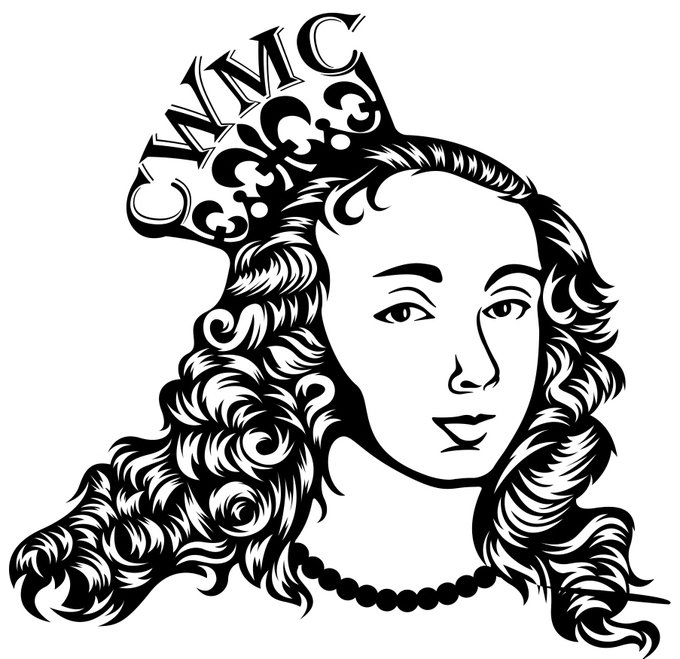General Editors: Liza Blake, University of Toronto (liza.blake@utoronto.ca); Shawn Moore, Florida Southwestern State College (shawn.moore@fsw.edu); Jacob Tootalian, Portland State University (j.tootalian@pdx.edu)

But say that Book should not in this Age take,
Another Age of great esteem may make;
If not the second, then a third may raise
It from the Dust, and give it wondrous praise:
For who can tell but my poor Book may have
Honour’d renown, when I am in the Grave?
And when I dye, my Blessing I will give,
And pray it may in after Ages live.
The Complete Works of Margaret Cavendish will be a 20-volume series consisting of open-access scholarly editions designed for an interdisciplinary and broad readership—ranging from historians, philosophers, and literary scholars to undergraduates and members of the public. The project will reveal key dimensions of the philosophical, scientific, and literary contributions made by Margaret Cavendish, Duchess of Newcastle (1623–1673) that have otherwise remained invisible to the growing readership interested in her work.
Cavendish was a seventeenth-century writer and natural philosopher who devoted her life to ambitious, boundary-crossing interventions across the spectrum of intellectual endeavors; she has come to be admired as a visionary thinker who published prolifically in the midst of the seventeenth century’s social upheavals and intellectual crises, creatively navigating the period’s literary conventions and gendered politics. Exploring Cavendish’s work in our own modern moment demands that the fields of literature, philosophy, and science rethink their histories, using Cavendish’s dynamic thought and artistry to revise their theoretical and methodological assumptions.
Though Cavendish has emerged as an impactful figure for intellectual traditions across the disciplines, her work has yet to receive the thorough and rigorous editorial treatment given to other writers of her stature. The Cavendish corpus is remarkable, even within the eclectic textual culture of the seventeenth century, for the range of genres it features, from drama, poetry, and fiction to life writings, epistles, orations, essays, and treatises of natural philosophy. Moreover, with their stop-press changes, post-impression interventions, multiple editions, and paratextual reflections on the publication process, Cavendish’s works also show signs of a mind uniquely invested in print’s dynamic possibilities, grasping both the power and limitations of the medium in ways that scholars are only now beginning to understand.
This project aims to embrace Cavendish’s diverse generic range and to account for the complex variation found within and across her texts. By addressing the full scope of her textual history, we will produce richly edited critical editions that we hope will both serve the needs of readers and enhance the foundations of Cavendish studies.The editions will be presented in accessible forms conducive to scholarly use and classroom exploration. The series will also include a Textual Companion that presents the bibliographic research completed for each of her works, and collects other articles and pieces of writing on Cavendish’s careful management of her own corpus.
For more information, visit http://digitalcavendish.org/complete-works/.
